Earlier this year, Reese Witherspoon and her dog Minnie entered the metaverse. Her sunlit virtual art gallery, created in collaboration with the mobile metaverse platform some·place, featured work from influential NFT art collections such as World of Women, Cool Cats, Flower Girls, Boss Beauties, and more. In the near future, the rest of us might follow in her footsteps, creating new spaces to enjoy art and photography beyond the physical world.
To do that, we first need to understand the larger role of NFTs in the metaverse. Non-fungible tokens, or NFTs, are unique digital assets stored using a blockchain, which operates as an immutable public ledger. This idea has been revolutionary because it allows us to create one-of-a-kind items within our increasingly digital world.
For example, a jpeg can be copied and shared endlessly, but an NFT can specify one copy of that jpeg as the real, authentic version—while also allowing art collectors to claim exclusive “ownership” over an original work of art, even if that work of art is copied and shared a thousand times.
In other words, the technology behind NFTs allowed us to create and enter a financial market for digital goods—something that felt impossible just a few years ago. And that’s where NFTs tie into the metaverse. The metaverse itself is still largely theoretical, so it’s trickier to define, but the basic premise is that developers, artists, and innovators are building 3D virtual worlds that anyone can explore through a VR headset.
The “metaverse” as it exists now is home to shopping centers, museums, nightclubs, and even diplomatic embassies. That’s right: in 2021, Barbados announced plans to become the first country to establish a digital embassy in Decentraland, one of the most popular metaverses. Meanwhile, the Natural History Museum of Los Angeles County has announced plans to expand into the metaverse, transforming the way we can learn about and study Ice Age animals.
In the metaverse of the future, the hope is that we can all interact with friends, go to work, own real estate, and, importantly, buy digital goods. In January, Samsung opened a virtual store in Decentraland. A month later, JPMorgan made headlines as the first bank in the metaverse after opening a lounge in Decentraland. Alo Yoga opened a wellness sanctuary on the virtual universe Roblox, with a space for meditation and a five-piece digital fashion collection.
Already, we’re seeing digital art galleries crop up in sprawling metaverses such as Cryptovoxels and Decentraland. At galleries and exhibitions in the metaverse, you can’t buy a physical print by your favorite photographer. But you can certainly buy an NFT. In the future, instead of traveling to a major city for a high-profile auction, art collectors might get together at virtual marketplaces to bid on new works.
From art exhibitions to real estate buying, many see NFTs as an integral part of forming the foundation of an economy in the metaverse. While the metaverse is still in its infancy, we’re already seeing creative approaches to this technology. From March 24 to 27, Decentraland hosted Metaverse Fashion Week, with more than sixty artists, designers, and brands participating. There were runway shows, featuring cats and flying models, and there were virtual stores, where visitors could buy digital versions of new designer collections, sold as NFTs.
The fashion industry at large has been quick to explore the possibilities of NFTs in the metaverse. Back in 2019, The Fabricant made waves by releasing the world’s first digital blockchain dress, called Iridescence. It sold for $9,500. Two years later, in the spring of 2021, the dress was featured in the History of Digital Fashion gallery in Cryptovoxels as the first-ever digital couture NFT. Then, in 2022, the Fabricant teamed up with World of Women, the women-led NFT collection, to announce an upcoming collaboration, with more details on the horizon.
Early this year, Gucci purchased land in the Sandbox metaverse as part of their project Gucci Vault. Though the details haven’t yet been revealed, select virtual items by Gucci designers will be available to own and wear. Though perhaps unsurprising for a brand recognized as one of the first in the world of high fashion to enter into the NFT space, the development does signal a new era of experimentation.
If we move our attention back to the art world, Sotheby’s has already entered the metaverse through their gallery in Decentraland, and more institutions, galleries, and museums are likely to follow suit, along with natively digital spaces. One of those places is the African Museum of the Metaverse, which has spaces in Cryptovoxels and Decentraland, with a location in Sandbox to be announced. It’s one of the first multi-metaverse museums on the planet.
Another museum of note is the Museum of Crypto Art, founded by a prominent NFT collector and located in the virtual world known as Somnium Space. Known for its vast spiral staircase, the museum hosts pieces by pioneering crypto artists like Kevin Abosch, Pak, hackatao, and Larva Labs. While many metaverse galleries offer works for sale, the works in the permanent collection at the Museum of Crypto Art aren’t for sale, though you can click through to OpenSea to learn more about the NFTs and their history.
The future of photography might also be waiting for us in the metaverse. The well-known photographer Elise Swopes, for instance, has a museum in Cryptovoxels where she exhibits her collection, which includes works by inspiring photographers such as Aaron Ricketts, Brittany Pierre, Synchrodogs, and more. Meanwhile, Stellar Gallery, created by the photographer Victoria West, opened in Cryptovoxels in April.
Finally, one potential use for NFTs in the metaverse might relate to the movement for social good and philanthropy in the crypto space. We’ve already seen artists leverage NFTs to support charities and non-profits, and that momentum could carry over into the emerging metaverse. Late last year, Sotheby’s Metaverse teamed up with the non-profit organization Sostento for a charity NFT auction to provide support for frontline health workers. In the future, who knows: non-profits, artists, collectors, and gallerists might come together in the metaverse to raise funds in real-time, with participants sprinkled across all corners of the globe.
Join the VAULT waitlist to get early access and be the first to find out how you can create, buy, sell, and earn.

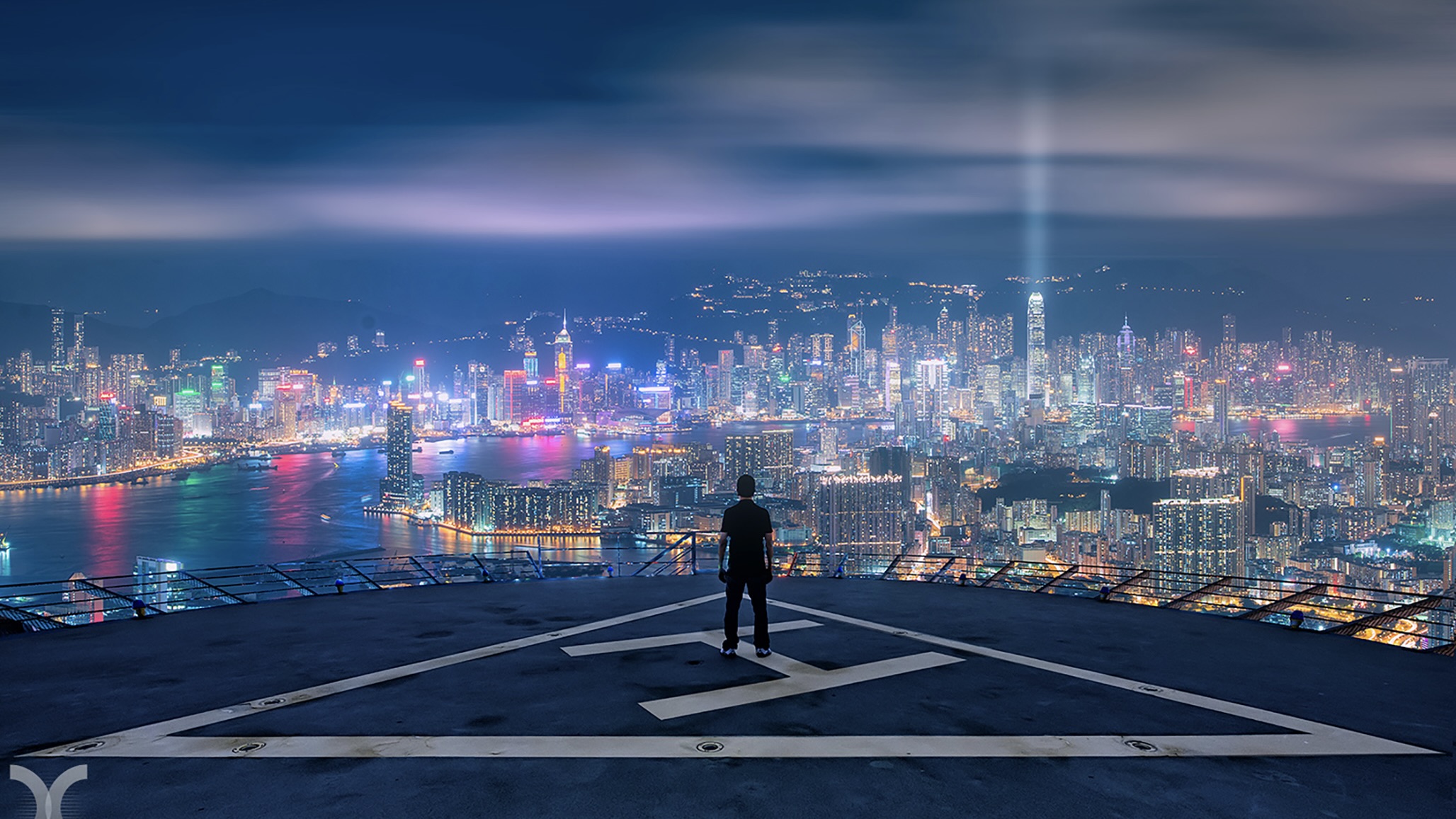


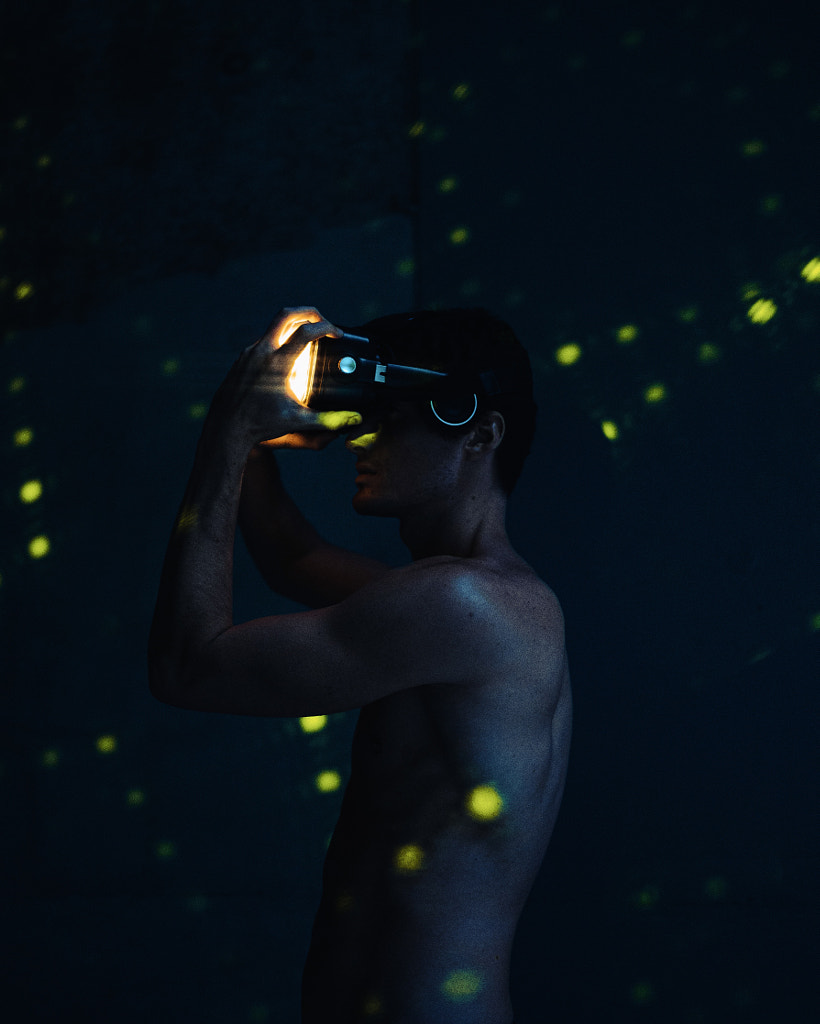
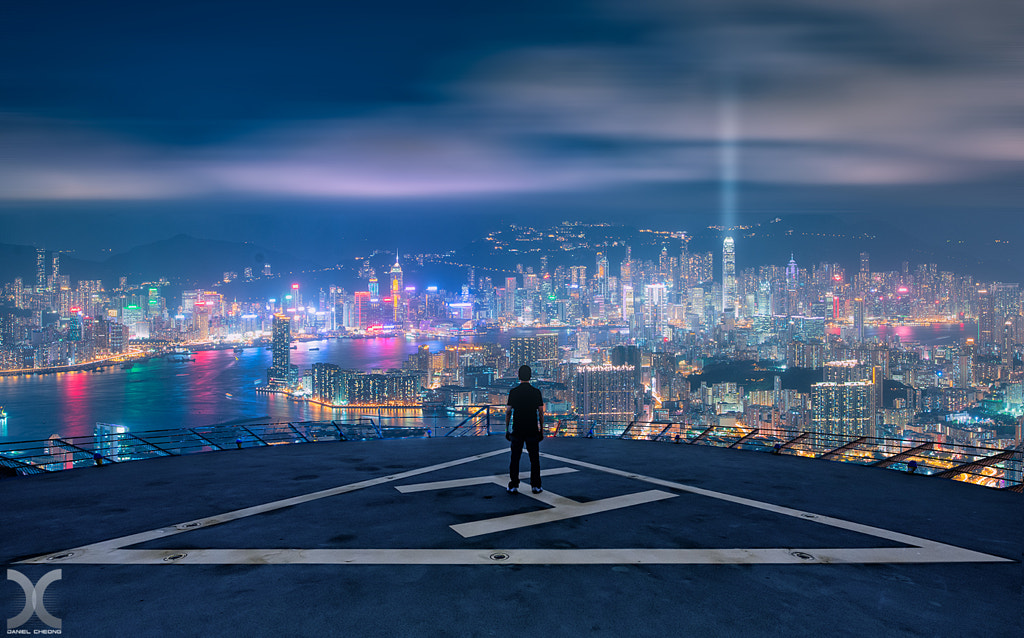
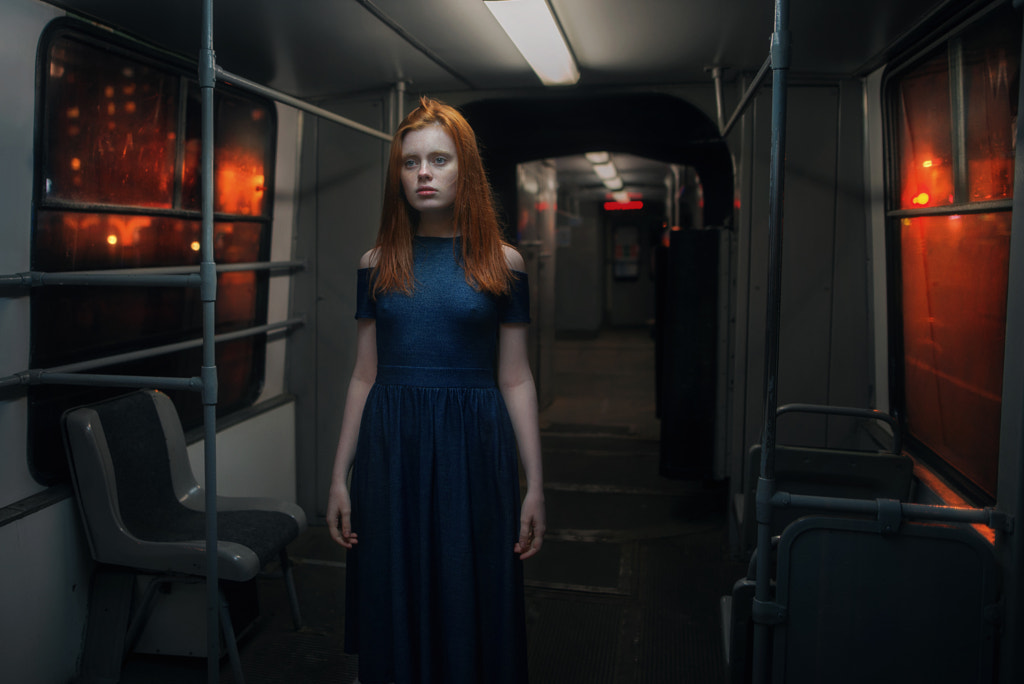
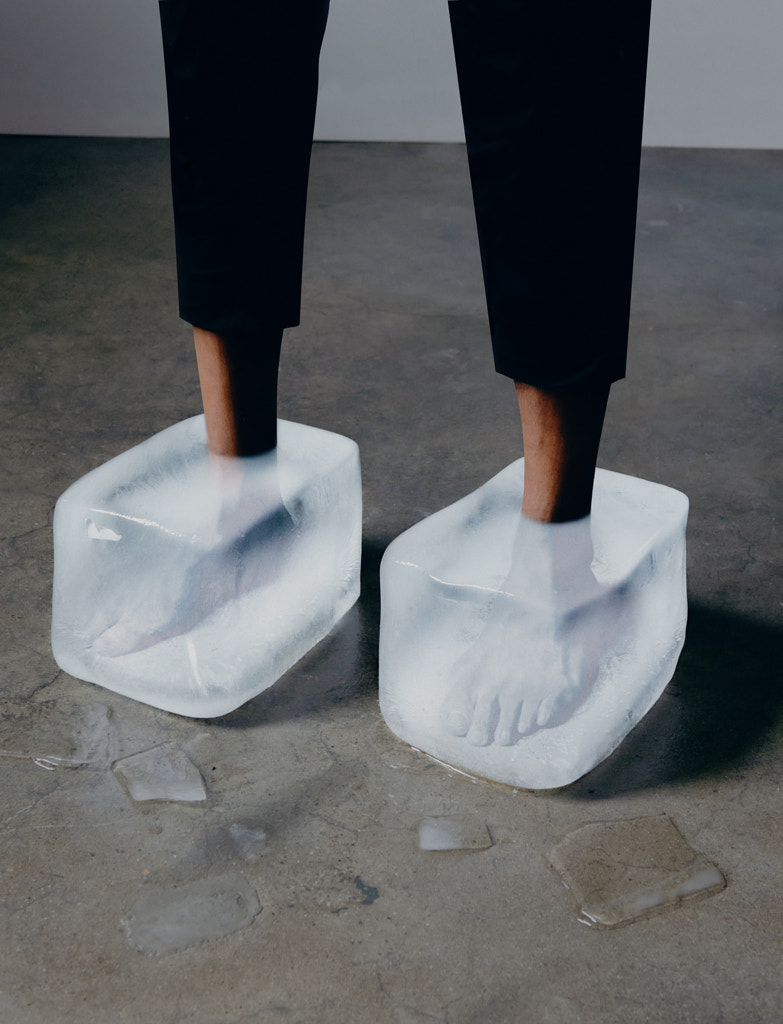
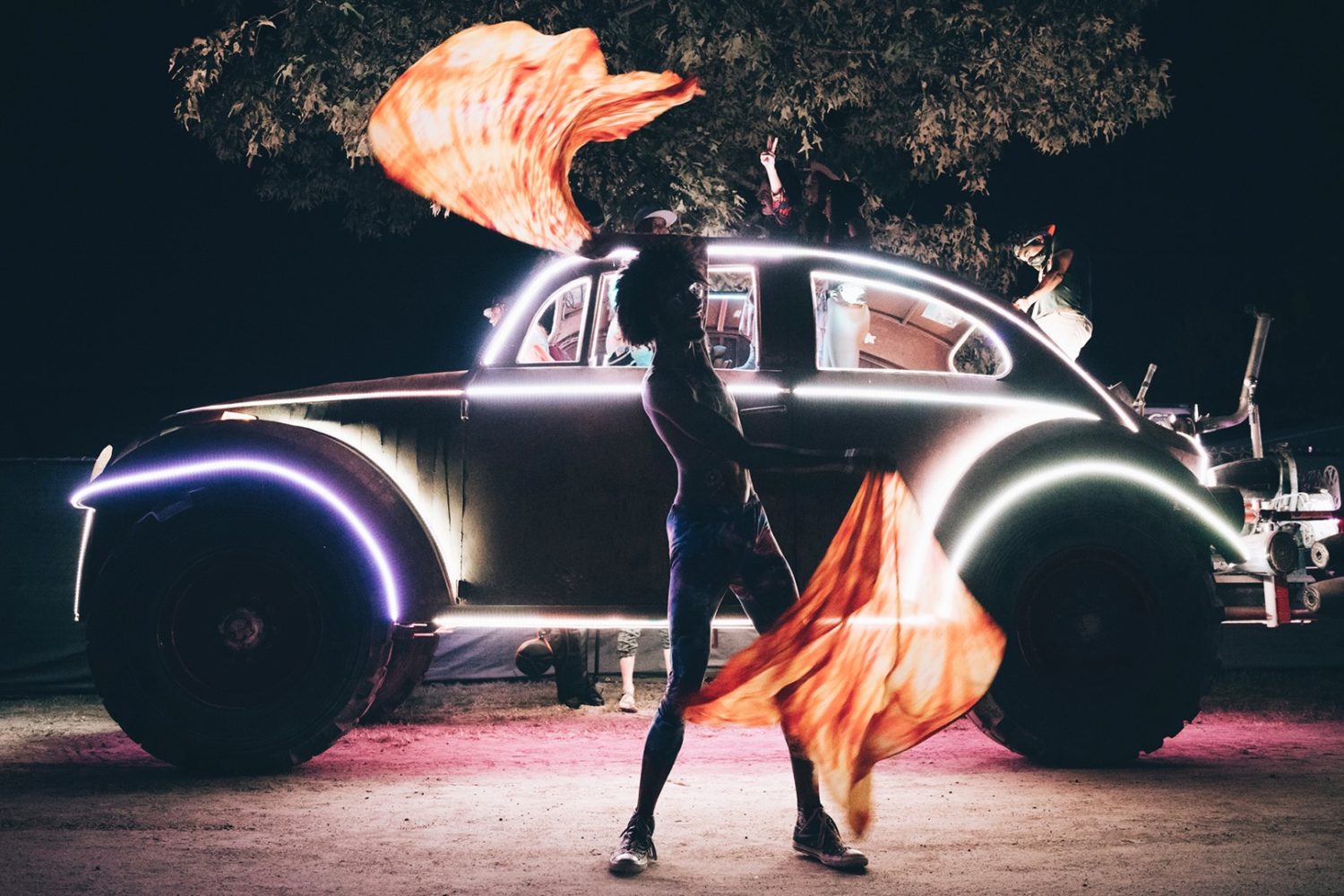



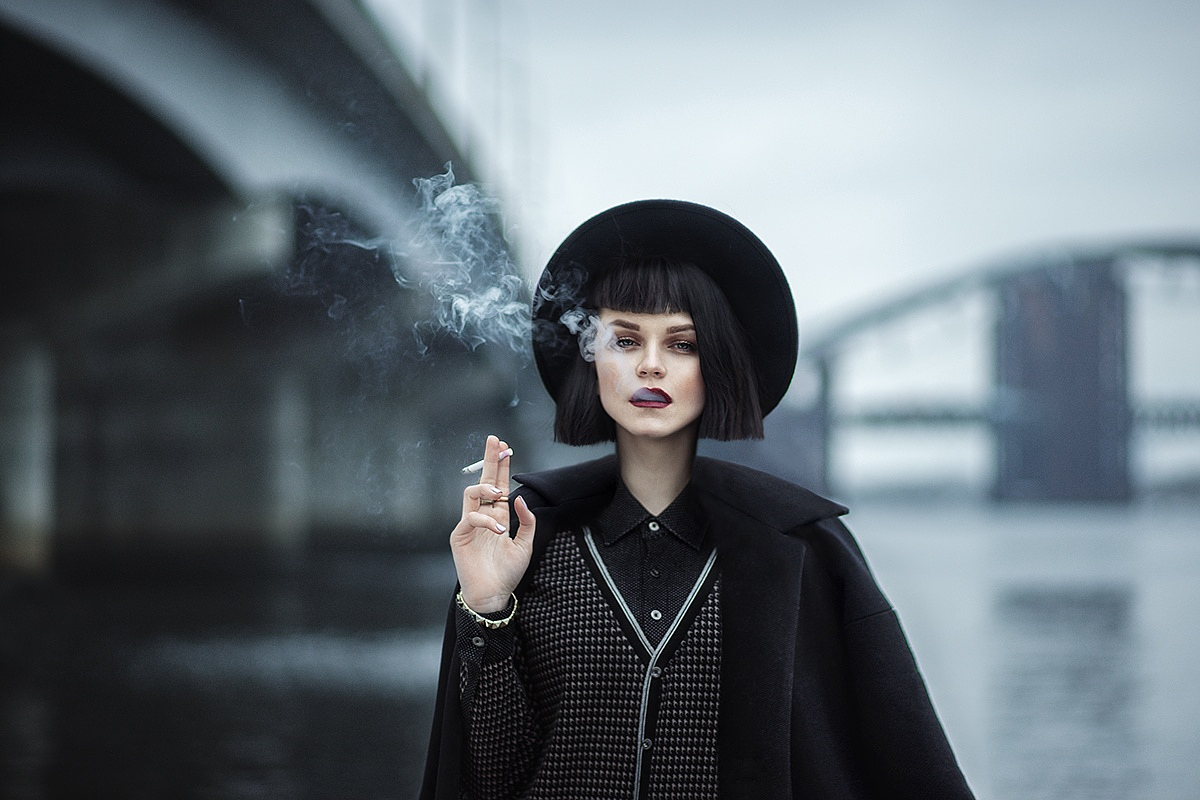
Leave a reply